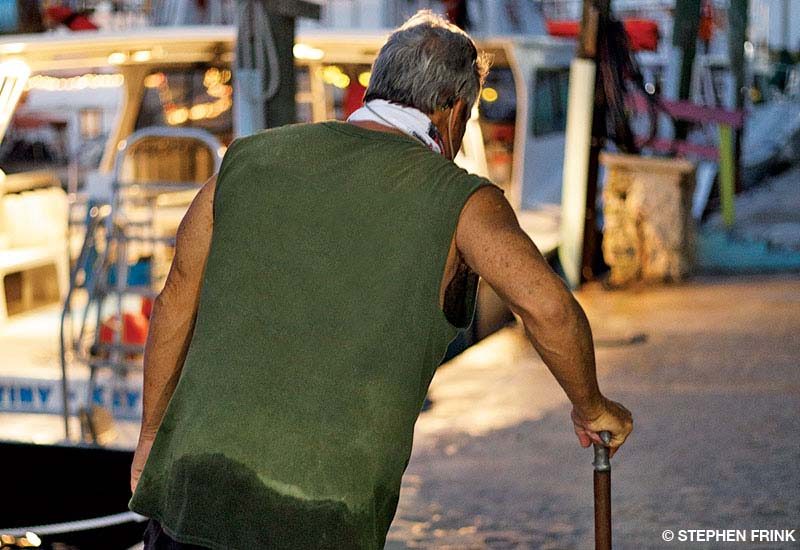Diving After Joint Replacement Surgery
DAN® medical information specialists and researchers answer your dive medicine questions.
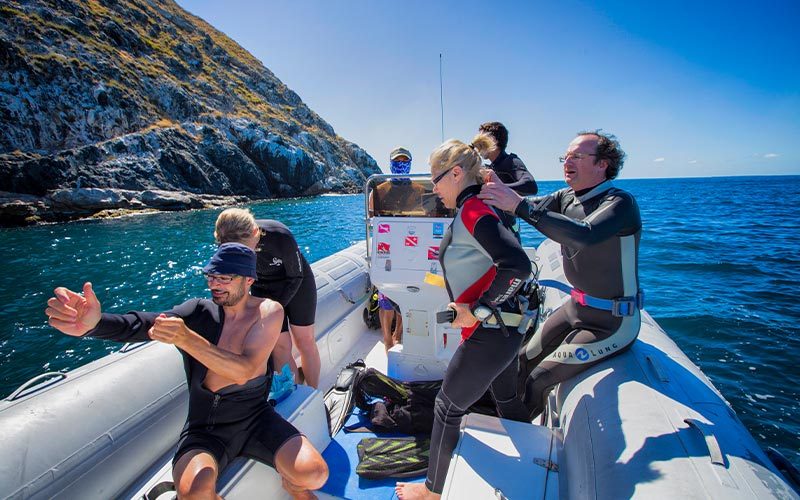
DAN® medical information specialists and researchers answer your dive medicine questions.

DAN medics and researchers answer your questions about dive medicine.
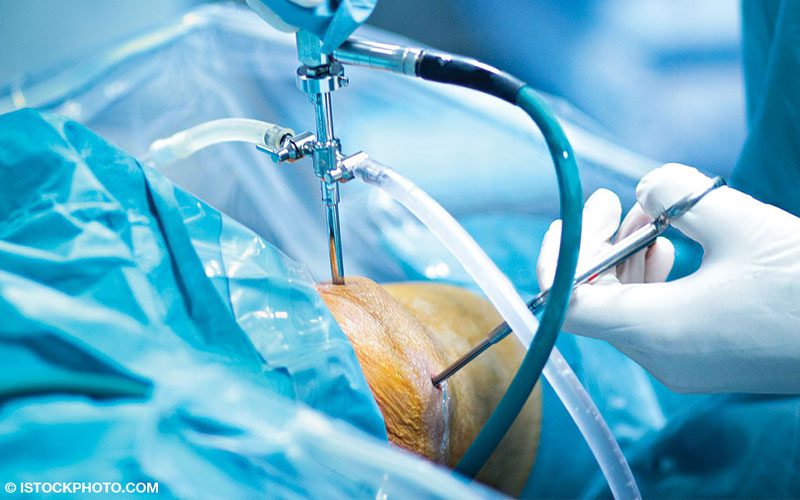
DAN medics and researchers answer your questions about dive medicine.
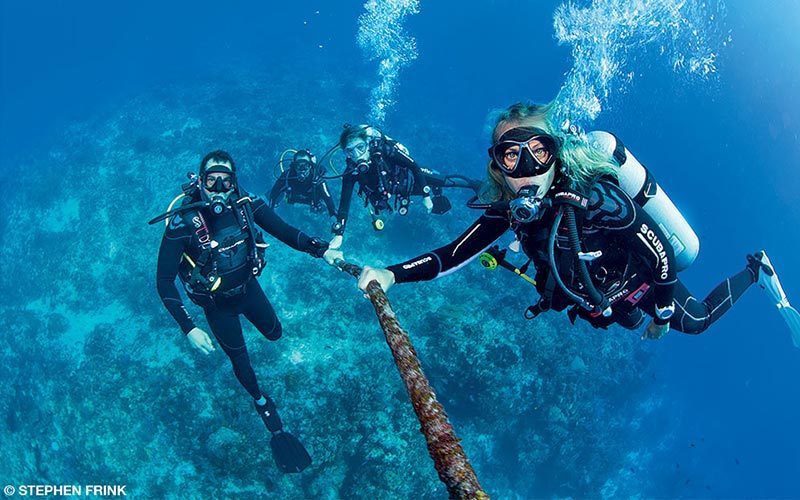
DAN medical information specialists and researchers answer your questions about dive medicine.
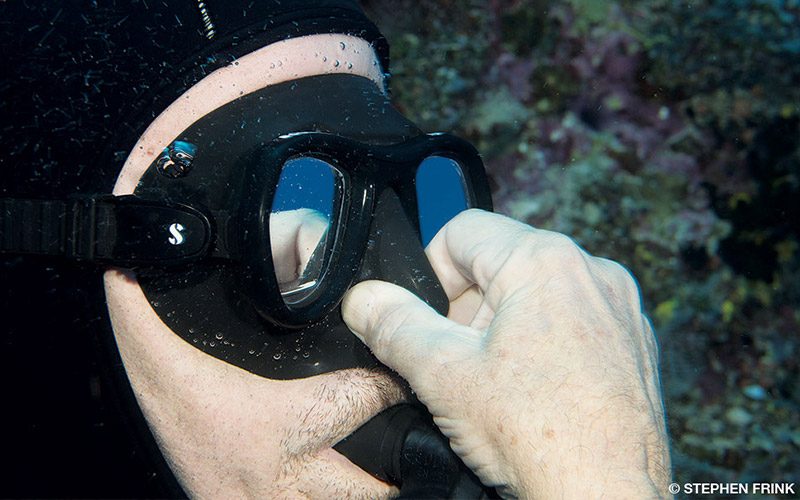
Is breast pain a symptom of DCS?
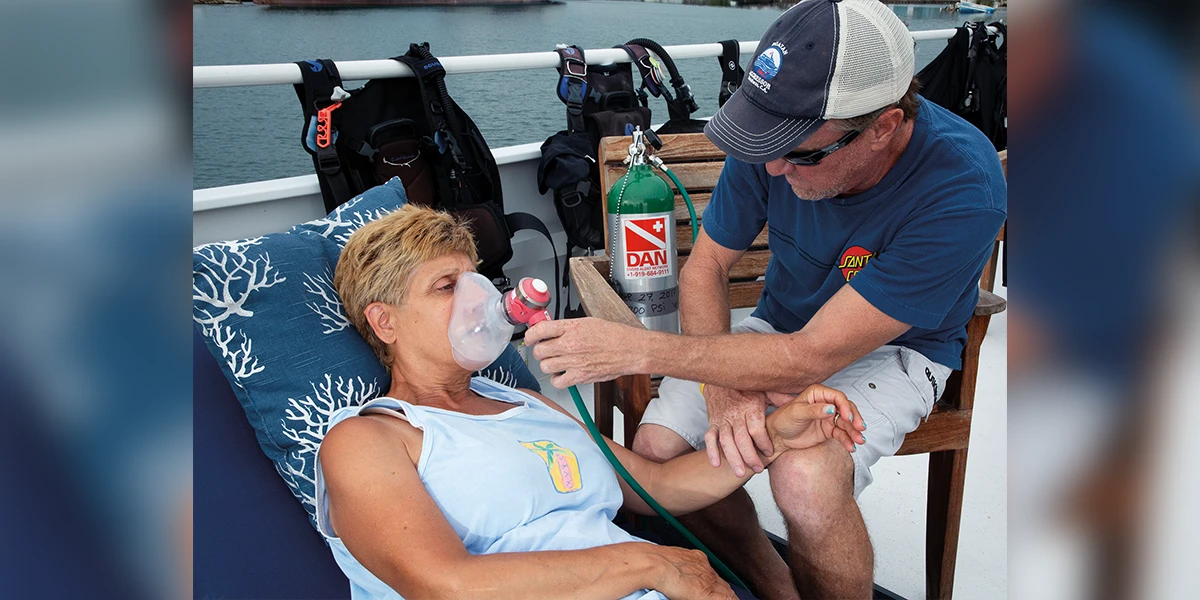
DAN® medics answer your questions about dive medicine.
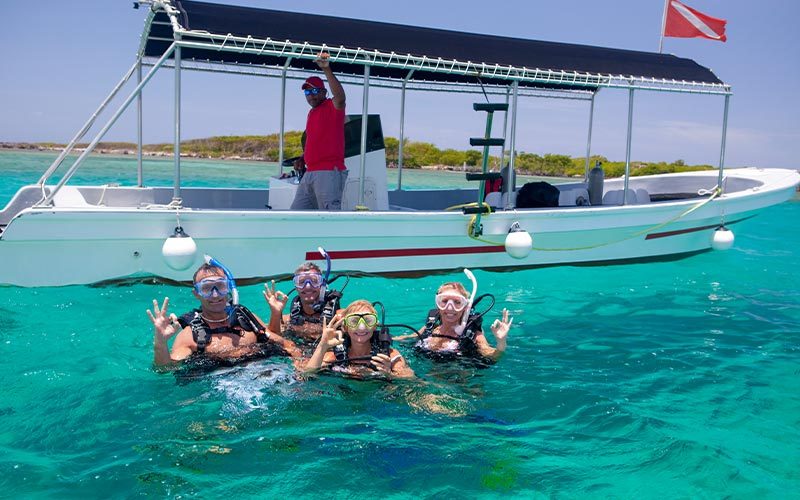
DAN® medics answer your questions about dive medicine.
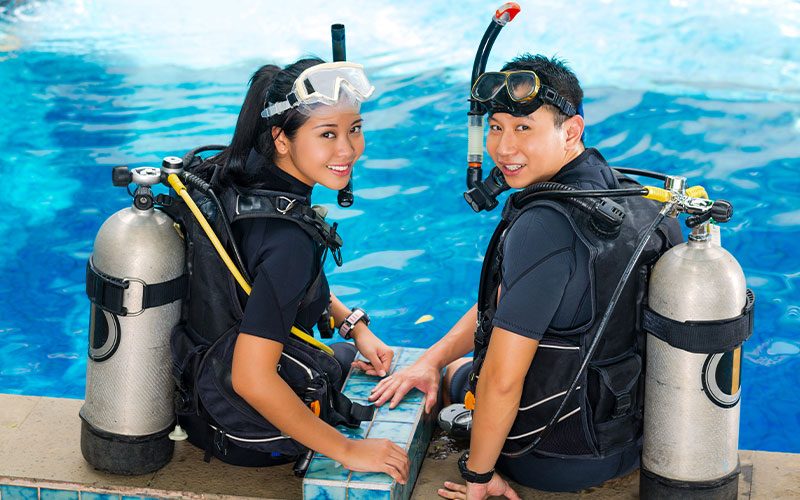
DAN medics answer your questions about dive medicine.
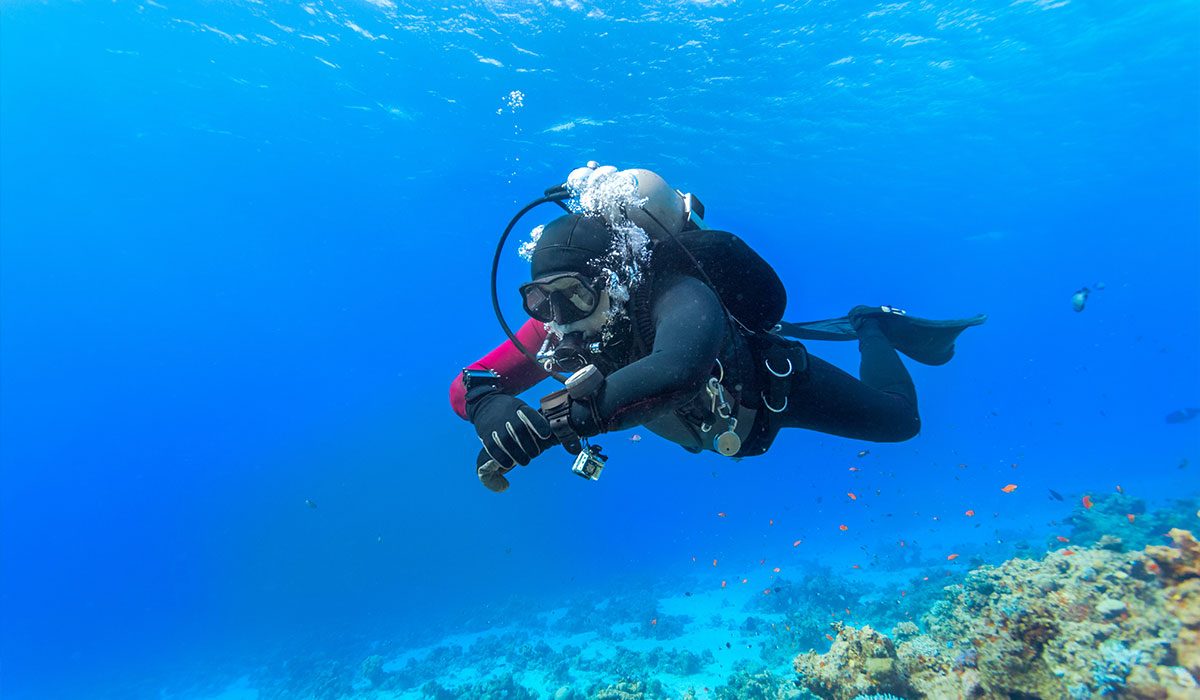
DAN medics and researchers answer your questions about dive medicine.
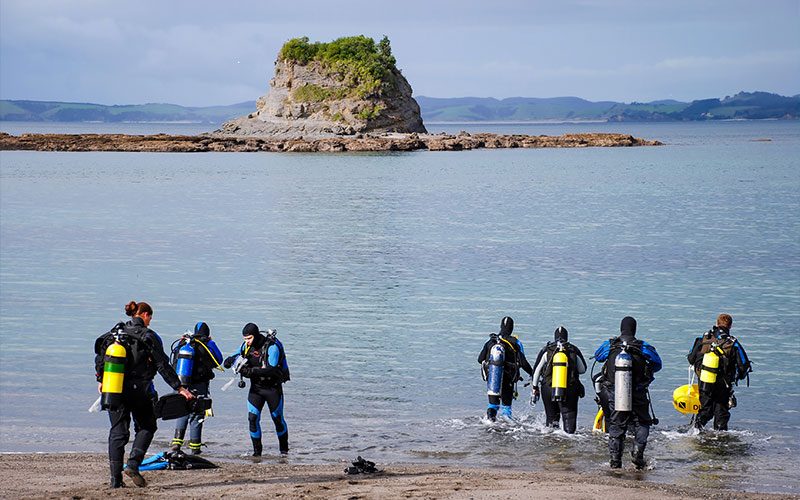
Carefully weigh your return to diving, and assess the risk versus reward. No studies are available that address if the areas of your brain damaged by your stroke will be more susceptible to decompression illness. If you decide to dive, seek a detailed ongoing assessment and approval from your physician. This process should include a neurological evaluation that includes the strength and weakness of major muscle groups and the degree of cerebral injury as well as an assessment and comparison of the left side and right side of your body.
